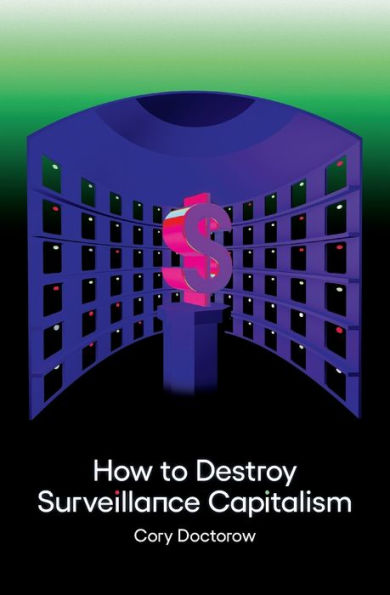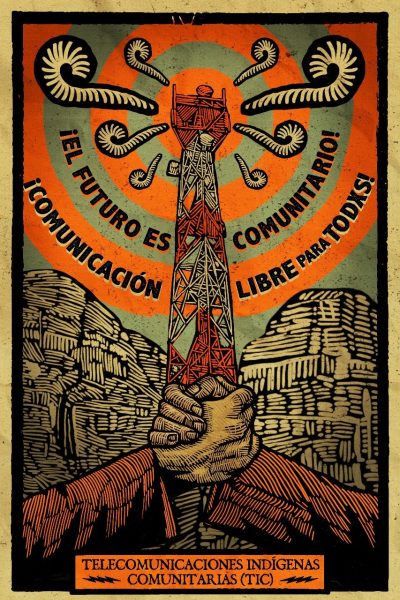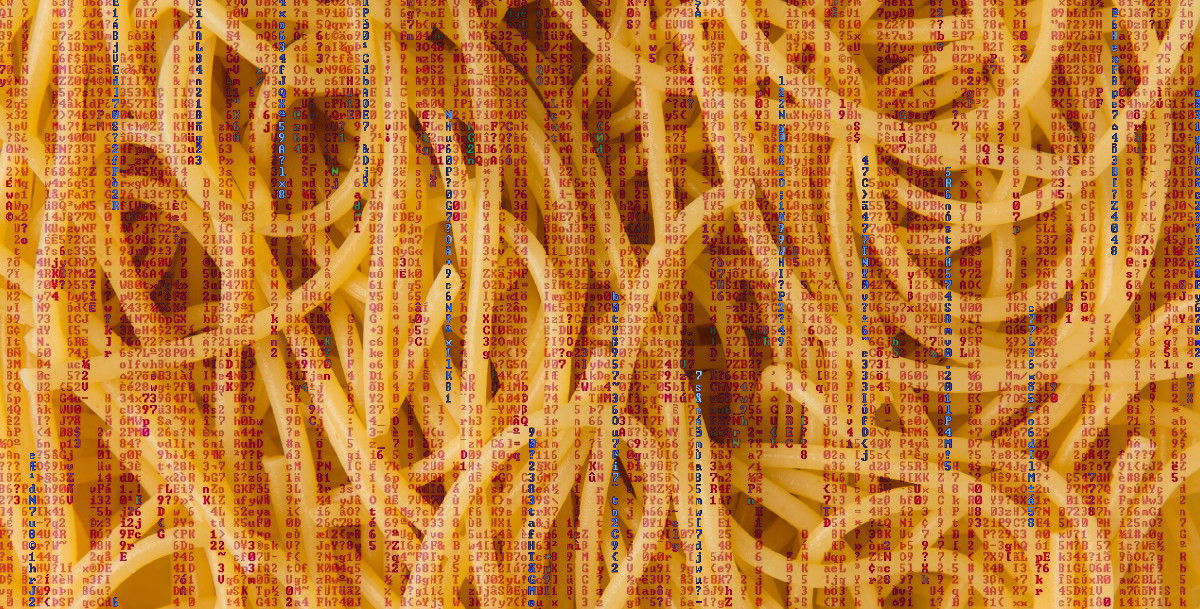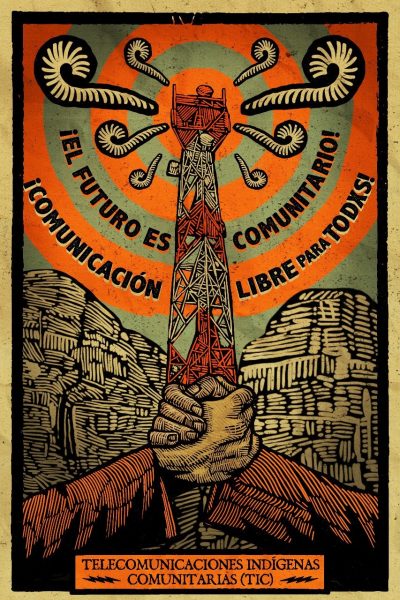
ICONIC EPISODES OF THE TWILIGHT ZONE (1959 - 1964) wilwheaton.tumblr.com/post/641417708…
ICONIC EPISODES OF THE TWILIGHT ZONE (1959 - 1964) wilwheaton.tumblr.com/post/641417708…
ICONIC EPISODES OF THE TWILIGHT ZONE (1959 - 1964) wilwheaton.tumblr.com/post/641417708…
ICONIC EPISODES OF THE TWILIGHT ZONE (1959 - 1964) wilwheaton.tumblr.com/post/641417708…
ICONIC EPISODES OF THE TWILIGHT ZONE (1959 - 1964) wilwheaton.tumblr.com/post/641417708…
ICONIC EPISODES OF THE TWILIGHT ZONE (1959 - 1964) wilwheaton.tumblr.com/post/641417708…
ICONIC EPISODES OF THE TWILIGHT ZONE (1959 - 1964) wilwheaton.tumblr.com/post/641417708…
ICONIC EPISODES OF THE TWILIGHT ZONE (1959 - 1964) wilwheaton.tumblr.com/post/641417708…
• • •
Missing some Tweet in this thread? You can try to
force a refresh












